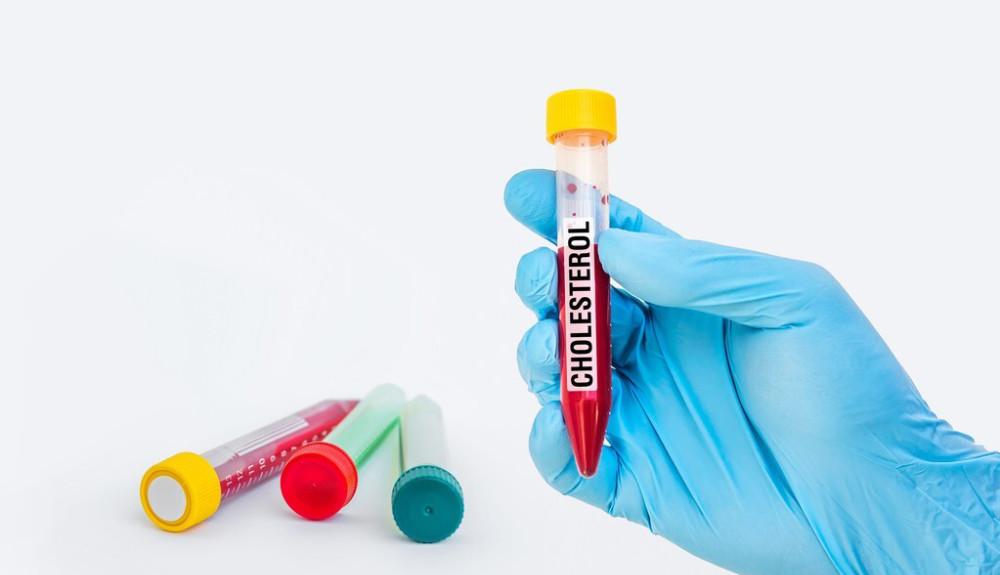A junior high school classmate sent a physical examination sheet to consult, other indicators are basically good, that is, biochemical testing has an indicator: lipoprotein a up to 700, this indicator exceeds the reference value so much, he is very worried, very want to know whether there is harm to the body, how to let it fall.

Lipoprotein (a) is a special macromolecular lipoprotein rich in cholesterol, which is mainly synthesized by the liver and is commonly known as small a. The normal reference value for serum lipoprotein (a) is 10 to 300 mg/L. The level of lipoprotein (a) is mainly determined by genetic genes, and is minimally affected by factors such as age, sex, diet, environment, drugs, and lipid metabolism. That is to say, many people's lipoprotein (a) is high, which is determined in the womb.
Lipoprotein (a) has the effect of promoting atherosclerosis and inhibits fibrinolysis, leading to thrombosis. High serum lipoprotein (a) levels are independent and causally linked risk factors for atherosclerosis and coronary heart disease. Increased lipoprotein (a) is seen in atherosclerotic cardiovascular and cerebrovascular diseases, acute myocardial infarction, familial hypercholesterolemia, chronic infection, diabetes mellitus, large aneurysms, kidney disease, postdialysis, and some cancers.
Lipoprotein (a) is usually detected in biochemical indicators together with blood lipid analysis indicators such as triglycerides and cholesterol. The detection of lipoprotein (a) can help determine the probability of coronary heart disease and judge the risk of subsequent myocardial infarction or stroke in patients with cardiovascular and cerebrovascular diseases such as hypertension and coronary heart disease. The higher the level of lipoprotein (a), the higher the risk of developing cardiovascular and cerebrovascular diseases, especially in the case of elevated LDL cholesterol, which has important detection value.
Lipoprotein (a), like LDL cholesterol, belongs to the "bad molecule" in human health and plays a role in cardiovascular and cerebrovascular diseases. That being the case, how can I lower lipoprotein (a)?
Unfortunately, there are currently no drugs that simply lower lipoprotein (a). Since lipoprotein (a) depends mainly on genetic genes, dietary control and exercise also have little effect on the reduction of lipoprotein A. Therefore, in the eyes of doctors, elevated lipoprotein A levels are part of the genetic risk of cardiovascular disease, which is currently not possible to reduce it through drugs.
For patients with high lipoprotein a, doctors can only tell that as far as possible, other factors that can be controlled are well controlled, thereby reducing the risk of cardiovascular and cerebrovascular diseases. For example, patients with high blood pressure, the blood pressure is well controlled, it is best to control the ideal blood pressure state. Patients with diabetes mellitus have blood glucose control stabilized; people with atrial fibrillation and hypercoagulable blood can take aspirin to prevent thrombosis; people with high cholesterol or atherosclerosis use statin lipid adjusters; patients with hypertension with homocysteine are appropriately supplemented with folic acid. In addition, it is more important to avoid all bad living habits in daily life, to quit smoking and alcohol, to stay away from second-hand smoke, to strengthen exercise, and to eat a low-salt and low-fat diet.
If the above points can be achieved, even if lipoprotein a is elevated, the risk of cardiovascular and cerebrovascular diseases will decrease a lot.